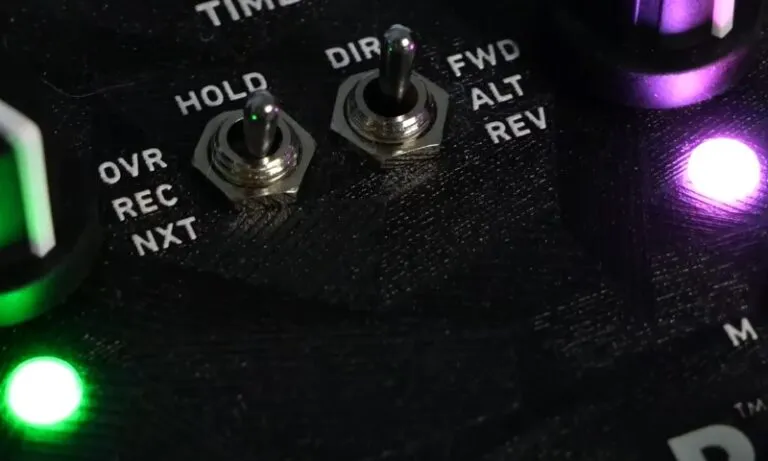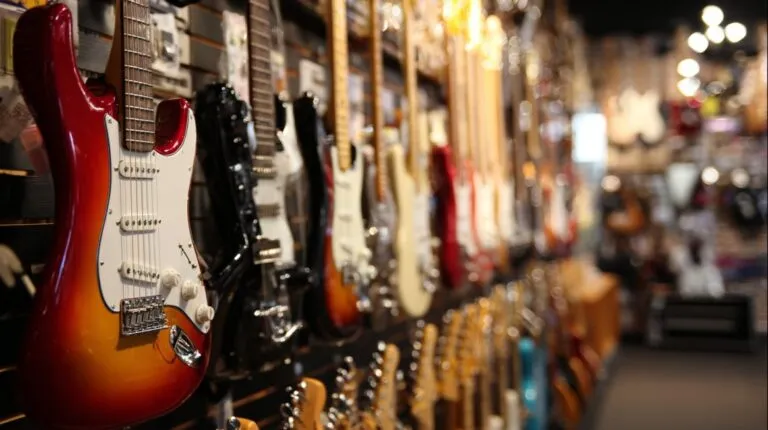At the end of the year, your teacher has likely spent over 1,000 hours planning lessons, grading, and helping students grow. A thank you card is a chance to acknowledge this effort simply and sincerely.
You should write specific gratitude, a brief memory of something meaningful the teacher did, and a note on how it helped you or your child.
Avoid generic phrases alone; adding a personal detail makes your message feel genuine. Your note doesn’t need to be long—3–5 heartfelt sentences are enough to make your teacher feel seen and appreciated.
Teachers often work beyond their scheduled hours, manage diverse student needs, and invest emotional energy to help students succeed. According to the Education Support Partnership, 74% of UK teachers feel stressed regularly, and positive feedback from students and parents can help them feel valued.
A thank you card:
- Closes the year on a positive note.
- Acknowledges the teacher’s unseen efforts.
- Encourages teachers to continue their dedication.
- Shows your child the importance of gratitude.
Table of Contents
Toggle4 Examples of What to Write in a Thank You Card

Below are realistic examples you can adapt directly:
1. For a Primary School Teacher
“Thank you for making learning fun for Emily this year. She comes home excited to tell us about the stories you read and the projects you did together. We’re grateful for your patience and creativity in helping her feel confident about reading.”
2. For a Secondary School Teacher
“Thank you for your support and encouragement in maths this year. Your clear explanations and extra help after class made a big difference in my understanding. I now feel more confident and even enjoy maths, thanks to you.”
3. From a Parent
“We appreciate the care and dedication you’ve shown our son this year. Your kind words and support helped him adjust to a new school, and he has grown so much in confidence and learning under your guidance.”
4. From a Student
“Thank you for making science so interesting this year! I loved the experiments we did, and I learned so much about plants and the weather. I’ll miss your fun classes next year!”
What Makes a Thank You Card Meaningful?
Your card will feel genuine if it includes:
| Element | What It Means | Example |
| Specific Praise | Point out something the teacher did well | “Your clear explanations in history helped me improve my essays.” |
| Personal Memory | Mention a class project, conversation, or moment | “I enjoyed the volcano experiment and your stories about how scientists work.” |
| Impact Statement | Share how the teacher helped you/your child | “Your encouragement made me feel confident speaking in class.” |
| Closing Gratitude | Simple ending note | “Thank you for everything you’ve done.” |
Tips for Writing Your Card
When writing your thank you card, it helps to keep it personal by using your teacher’s name and, if you are a parent, your child’s name. This small step shows that your gratitude is specific and genuine, turning a simple note into something memorable for your teacher.
Be concise, aiming for 3–5 heartfelt sentences that capture your appreciation clearly. A short, well-considered message often carries more warmth than a long letter, especially when it highlights how the teacher’s efforts have made a real difference this year.
Handwriting your message adds a layer of warmth that digital notes often lack. Teachers appreciate seeing your effort, and even if your handwriting is not perfect, the act of writing by hand adds a personal touch that makes your gratitude feel authentic.
For younger children, you can encourage them to add a small drawing to the card, whether it’s a rainbow, a stick figure of their teacher, or a smiley face. This not only makes the card visually engaging but also helps your child participate in expressing gratitude, turning it into a meaningful family activity.
If you’re feeling stuck on phrasing or how to express your thoughts clearly, consider looking at examples online or using clear frameworks. You could also turn to trusted assignment writing services by EssayHub to help organise your thoughts for important projects.
Just as getting support can help clarify your ideas for an essay, reviewing structured thank you card examples can help you find your voice while ensuring your note feels sincere.
Finally, while it’s easy to write “You’re the best,” it’s more impactful when paired with a reason why.
For example, you might write, “You’re the best because you made maths fun with your creative games,” or “because you encouraged me to speak up in class.” This transforms your gratitude from a generic compliment into a specific, personal acknowledgment of what the teacher did to help you or your child grow.
Simple Thank You Phrases to Use

If you’re unsure how to begin your card, these starter phrases can help you find your words while leaving space for you to add personal touches:
- “Thank you for your patience and kindness this year. You always made [child’s name] feel comfortable asking questions in class.”
- “Your support made a big difference in [child’s name]’s learning. They came home excited about the projects you did together.”
- “We are grateful for the energy and care you bring to teaching, especially the creative ways you make reading fun.”
- “I appreciate the extra help you gave me with [subject/topic], and it made a big difference in my confidence.”
- “Your encouragement has helped me feel confident about learning, and I will carry that with me into next year.”
These phrases serve as a solid framework. Feel free to add a specific project, a moment when your child came home happy, or an improvement you noticed in your child’s skills.
This personal detail will make your card stand out and remind your teacher that their hard work is seen and appreciated.
Conclusion
@fevroniavelter Handmade Thank You Card for Teacher #TeacherGift #ThankYouCard #DIYGiftIdeas #CraftTok #CardMaking #HandmadeWithLove #TikTokCrafts #EndOfSchoolGift #DIYGifts #EasyCrafts ♬ suono originale – sophia ★
Writing a thank-you card for your teacher at the end of the year is a simple but powerful way to acknowledge the countless ways they have supported your child’s growth or your learning journey.
Teachers often work late into the evening preparing lessons, creating engaging projects, and finding ways to reach every student in their care. Your card is a chance to reflect on these efforts and to let your teacher know that their time, patience, and kindness made a real difference.
Perhaps your child even discovered a love for learning different musical instruments through their encouragement and creative approach.
A thoughtful thank you card does not require fancy words or elaborate decorations; what matters most is that it comes from the heart. Share a specific memory, whether it was a project your child enjoyed, a subject they grew to love, or a time the teacher offered a kind word when it was most needed.
Let them know how these moments helped your child feel more confident, curious, or joyful in their learning.
Related Posts:
- What to Write in a Birthday Card for Your Favorite Professor
- How Do You Play Classico Tenacious D on Guitar? -…
- How Can You Strengthen Your Picking Skills Using…
- 13 Female Guitarists You Need to Know About in 2025
- Guitar Truss Rod Basics - Everything You Need to Know
- Top 13 Drum Types for Beginners - Guide to Get You Started












